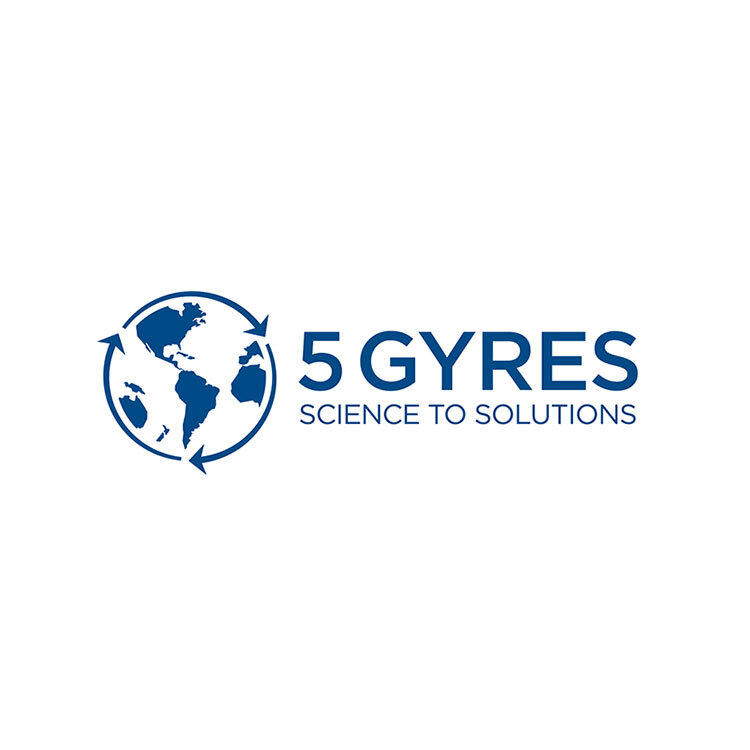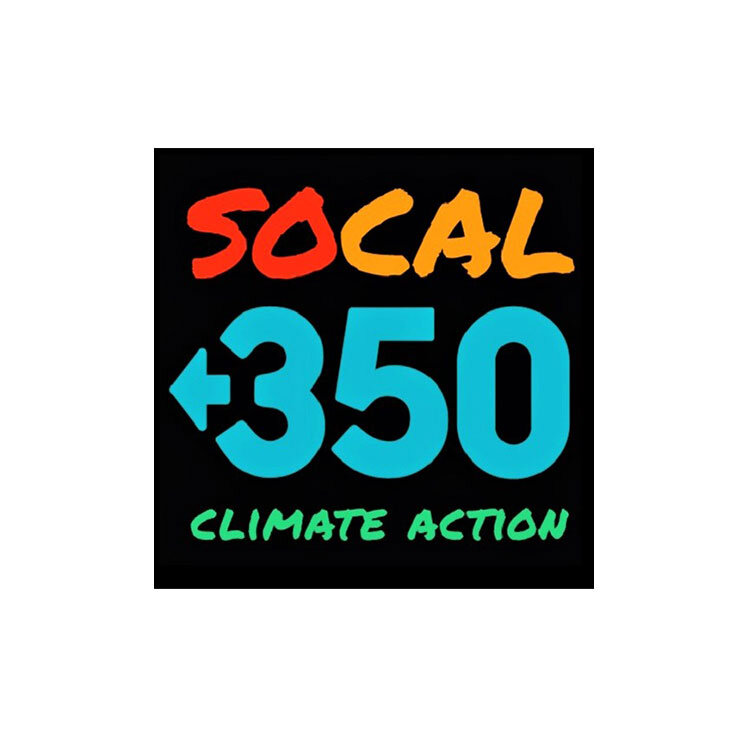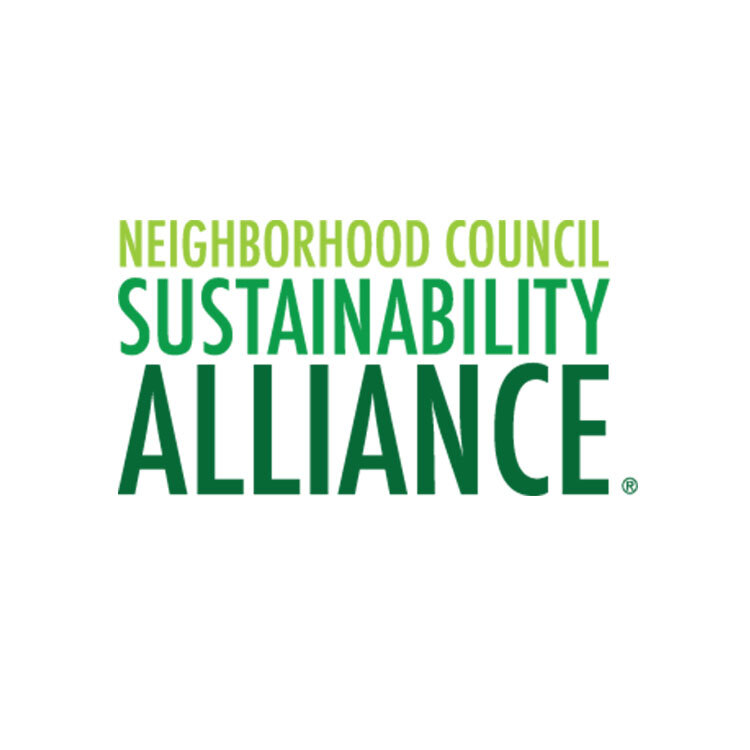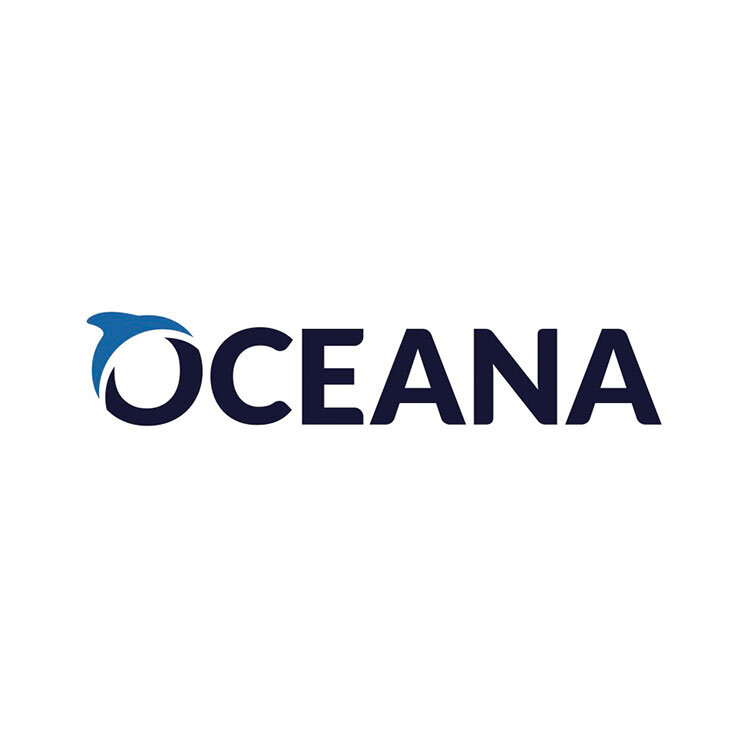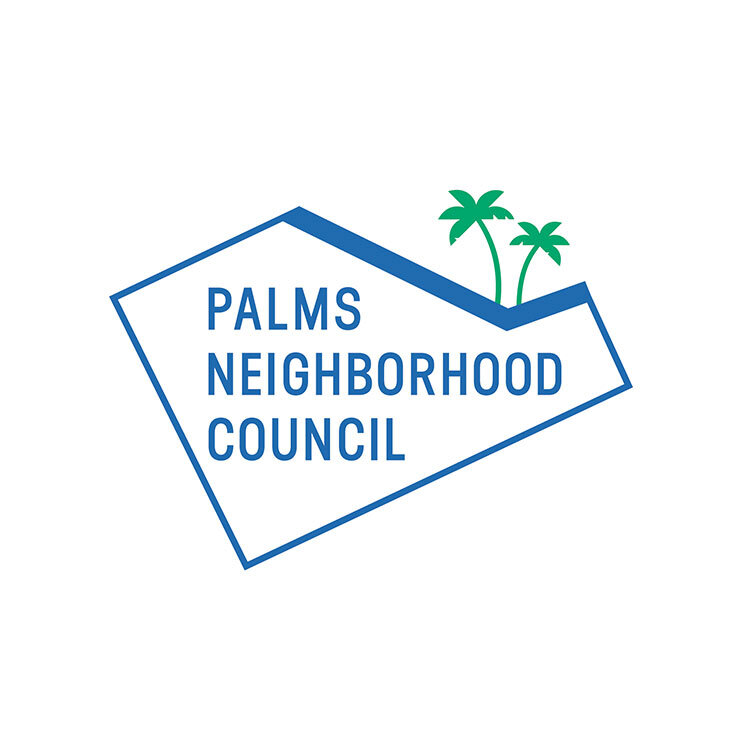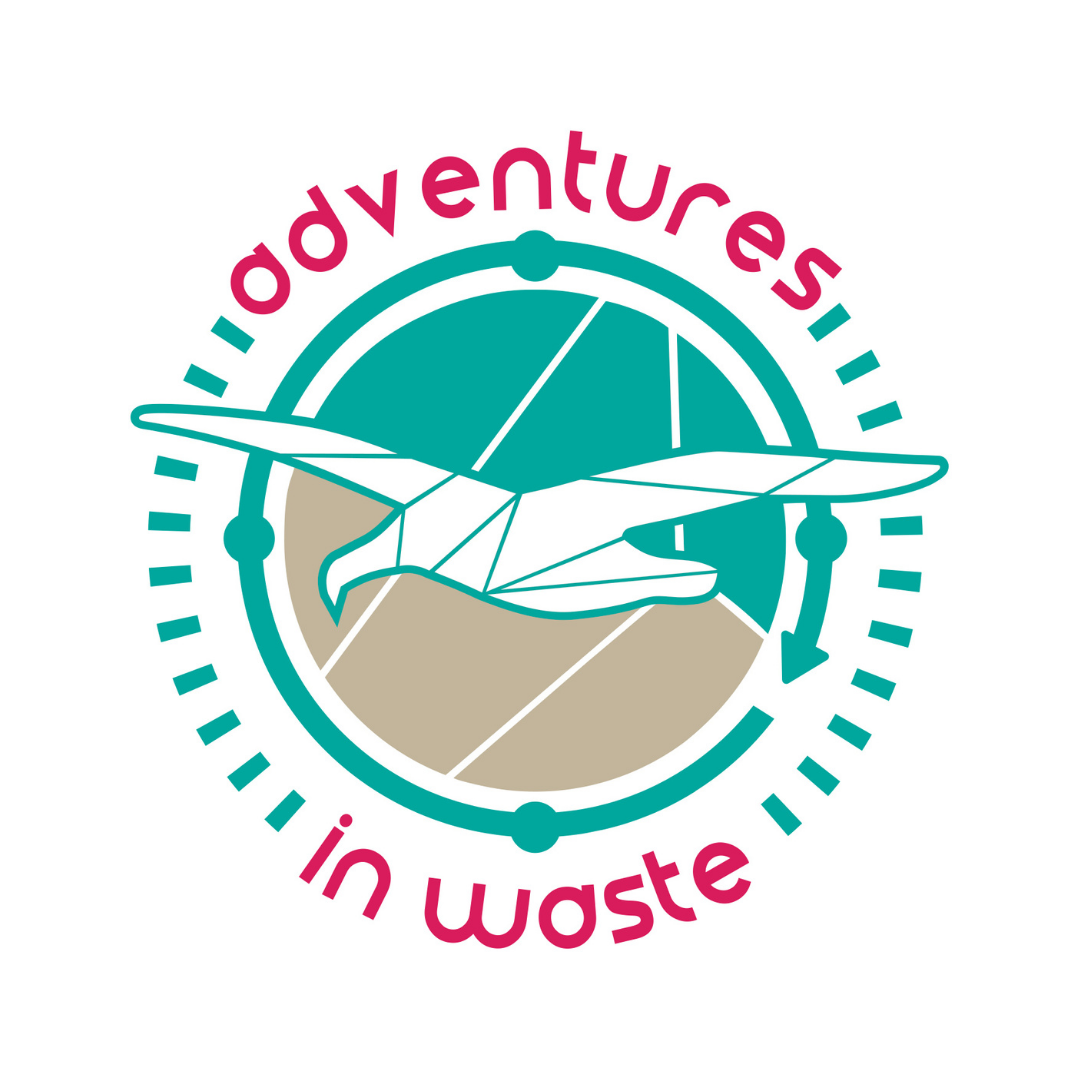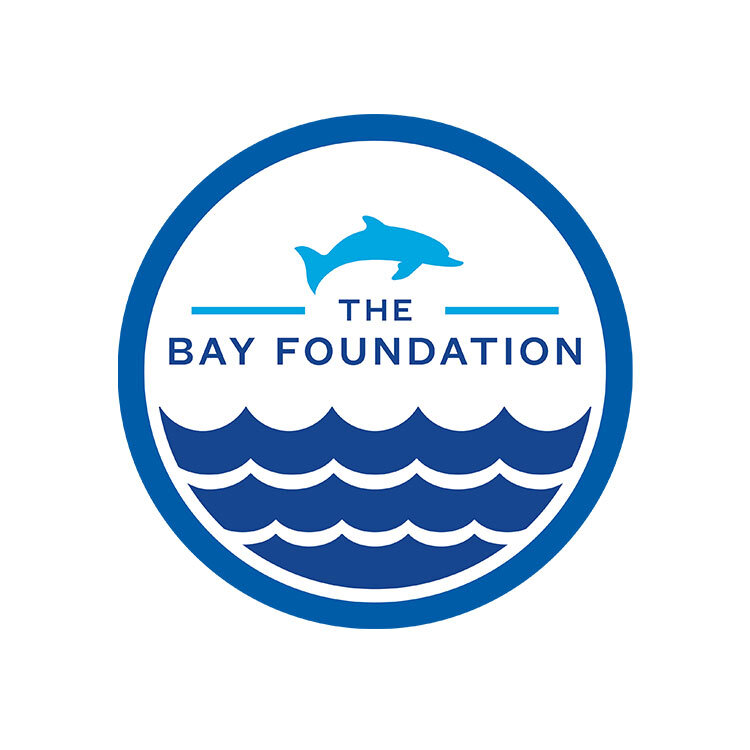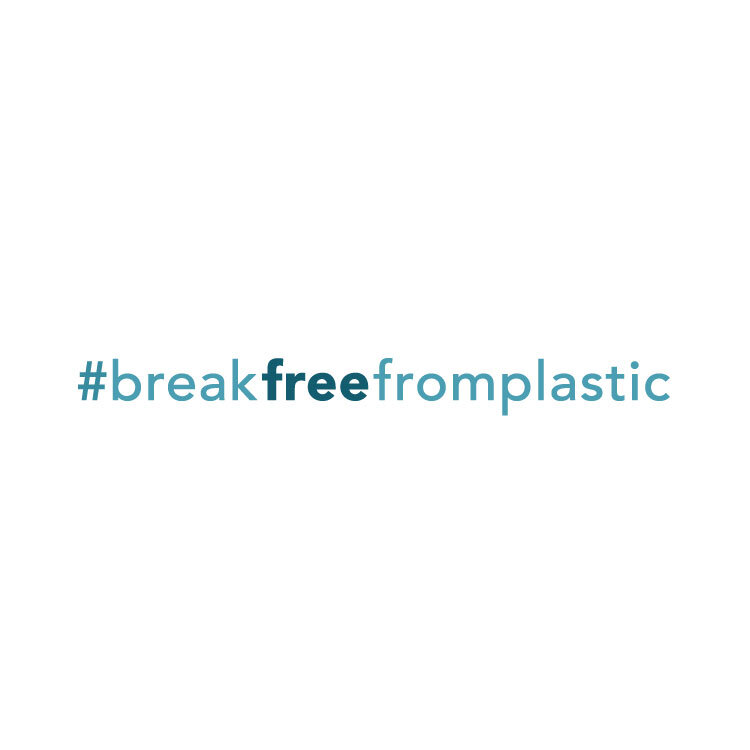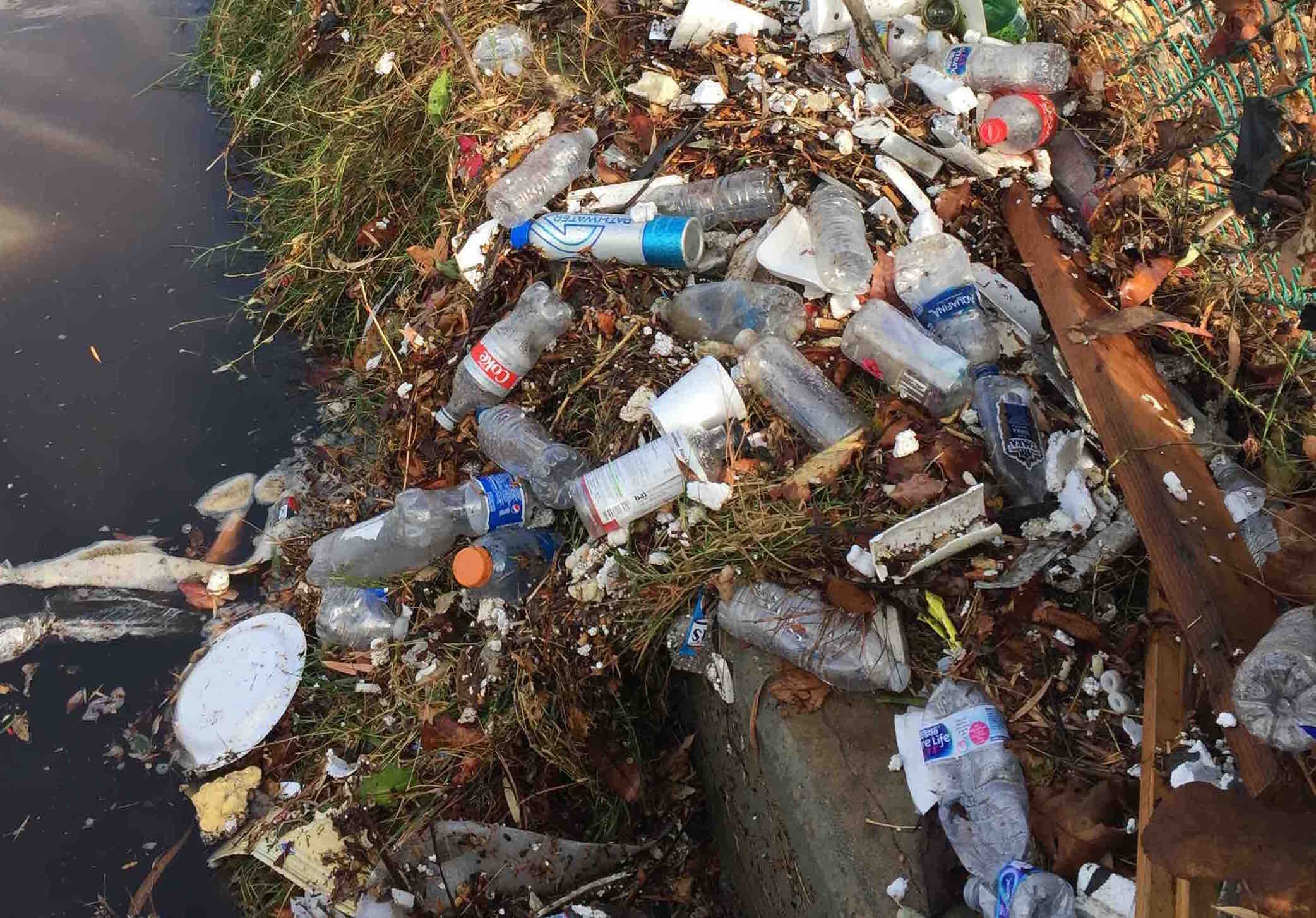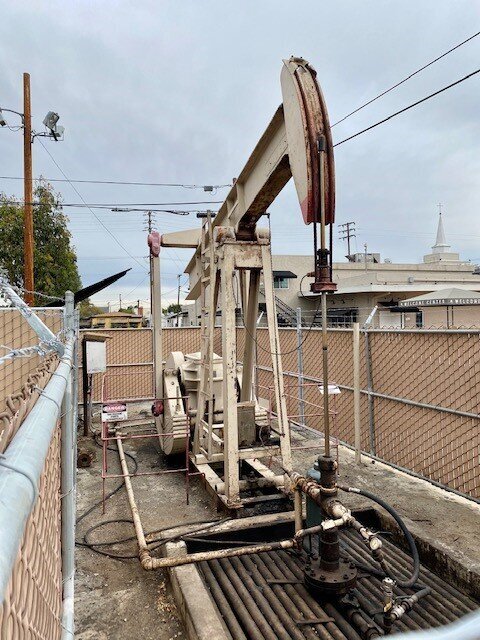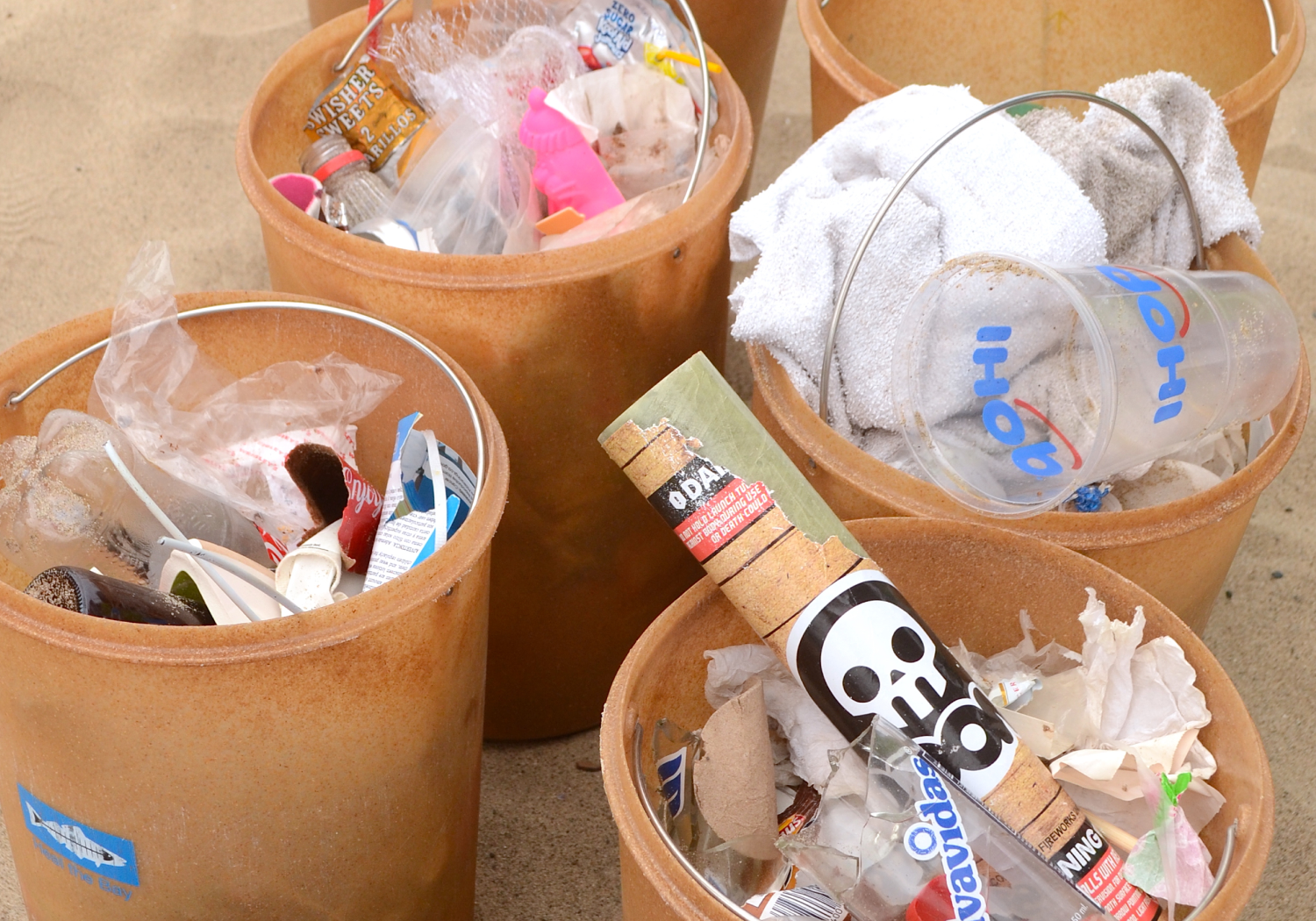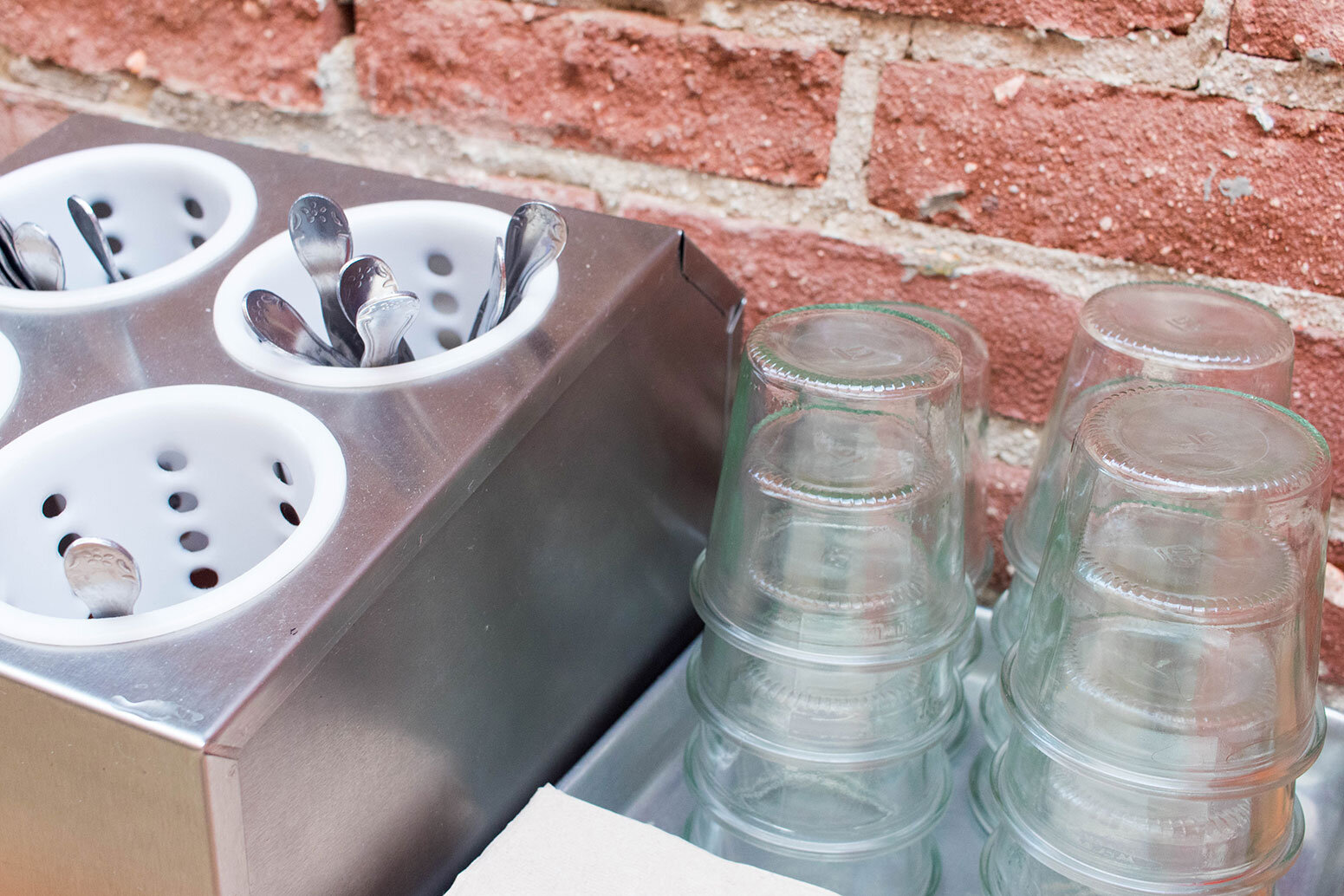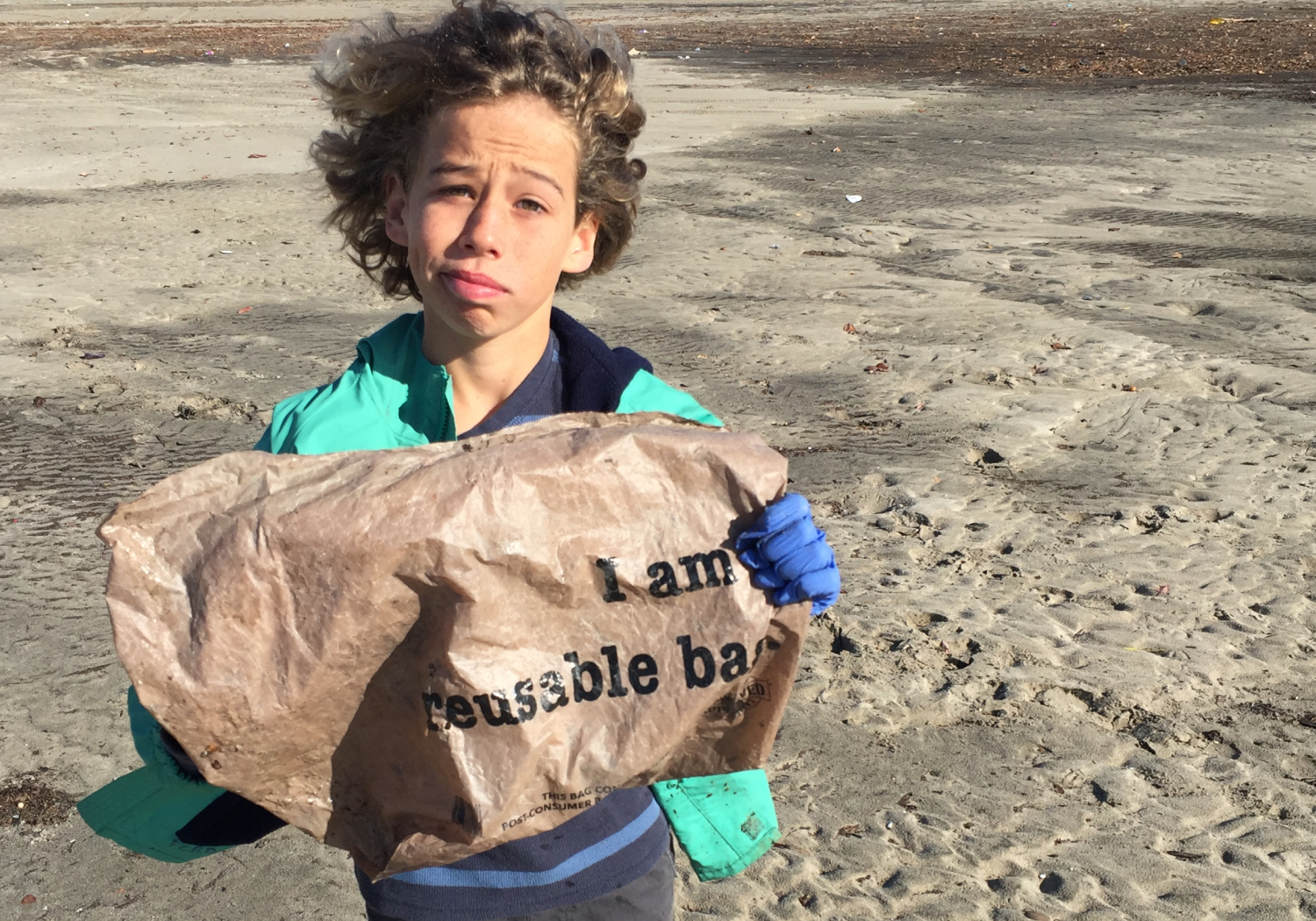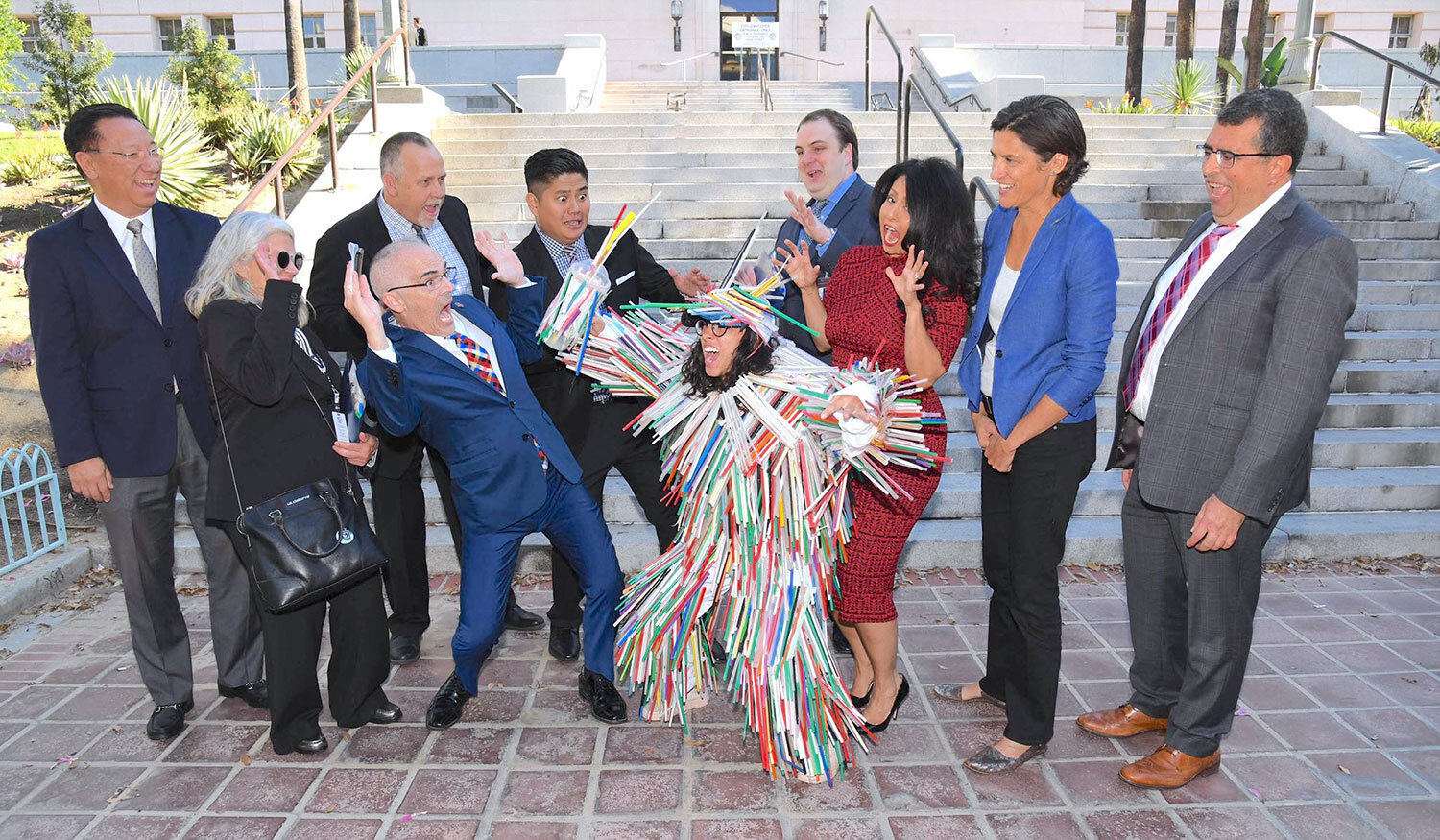About Us
Reusable LA is working on resolving LA’s plastic pollution issue by championing a reusable culture and empowering other cities to do the same.
Our Vision:
A thriving culture of reuse and refill in Los Angeles to reduce waste from single-use plastic products and packaging as a model for communities to replicate.
Our Mission:
Reusable LA is a coalition of organizations working to reduce plastic pollution in Los Angeles to safeguard our public health, communities, and environment. We complete this mission through legislative advocacy, outreach, and community engagement.
About the Plastic Issue
Pollution
Plastic was introduced in the 1950s as a miraculous material that was cheap, lightweight and could be thrown away. Now we have realized that there is no “away.” In fact, plastic never actually biodegrades, instead it breaks up into smaller pieces for hundreds of years. All of the plastic we have ever created over the past century still exists today, and much of it is still in our environment.
Climate and Our Impact
99% of all plastic is made from fossil fuels. Plastic is directly connected to climate change and it pollutes at every stage: from material extraction to product production to transportation to waste disposal. The production of plastic produces an estimated 1.7 billion metric tons of CO2 emissions globally, and that is only predicted to increase. The climate impacts resulting from these emissions disproportionately affect overburdened and frontline communities.
Health
Plastic affects public health at all stages. As a petroleum product, the emissions produced from plastic production, including fossil fuel extraction and refining, directly affect communities living near these sites and cause increased risk of respiratory distress, asthma, and even cancer. Once produced, plastic products are often found to contain toxic chemicals, and act as a sponge absorbing more chemicals from the environment. Exposure to these chemicals is linked to cancers, endocrine disruption, impaired immunity, and other health implications.
Recycling is Broken. Reusables are the Solution.
Only about 2.2% of plastic was recycled in 2018. Because making new plastic is cheap and recycled plastic materials tend to be lower quality, there’s less market incentive to recycle. This means plastic waste is often shipped to developing countries that don’t have the infrastructure to manage such an influx of trash, and many are now refusing to take it.
Threat to Marine Life
Plastic pollution endangers more than 1,400 species through ingestion or entanglement. From seals stuck in fishing line, to turtles with straws in their noses, to seabirds who starve from bellies full of plastic, plastic pollution is threatening their survival.
About the Solution
Looking Back
In the past, reducing litter and waste was the burden of the consumer. Campaigns created by the plastic industry convinced everyday consumers that pollution was their fault and could be fixed simply by not littering. This false narrative is beginning to shift.
The Current Solution
Scientists, advocates, environmentalists, and consumers are turning the tables and have shown that the only effective way to reduce plastic pollution and excessive plastic-use is through a more reusable culture and source reduction. Source reduction is putting the responsibility of plastic disposal on its producers. Our communities and environment will be less burdened with plastic if we use and produce less.
So, how do we encourage reusables and achieve source reduction? Through legislation. Locally and globally, communities are passing laws to reduce single-use plastic production, sale, and use in their area.
Los Angeles Legislation
Here in the City of Angels, part of the largest county in the entire nation, we are moving to pass comprehensive legislation to reduce disposable plastics. Gone are the days of single item bans like bags and straws. Now, we’re aiming for a more holistic approach: a comprehensive plastic foodware policy.

